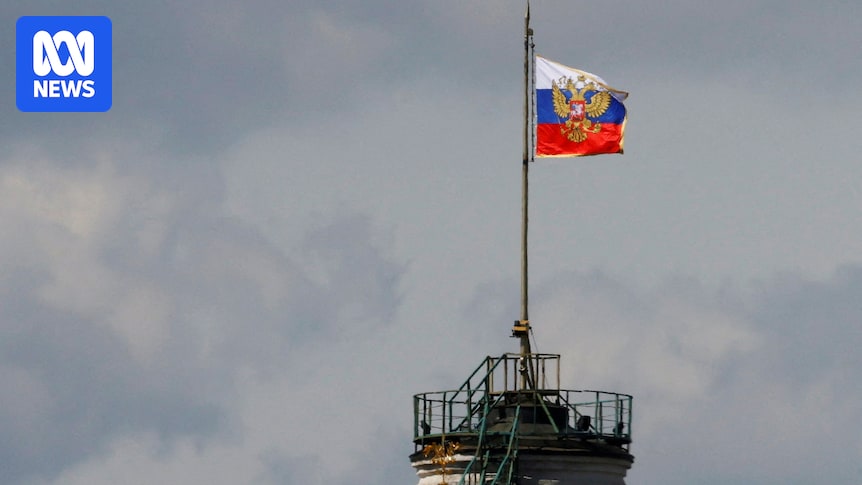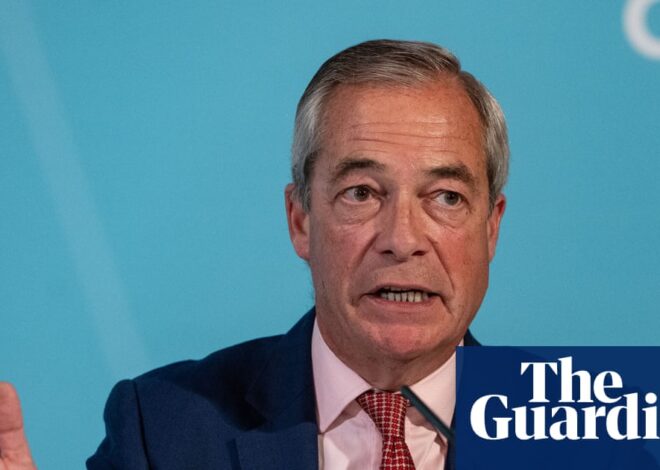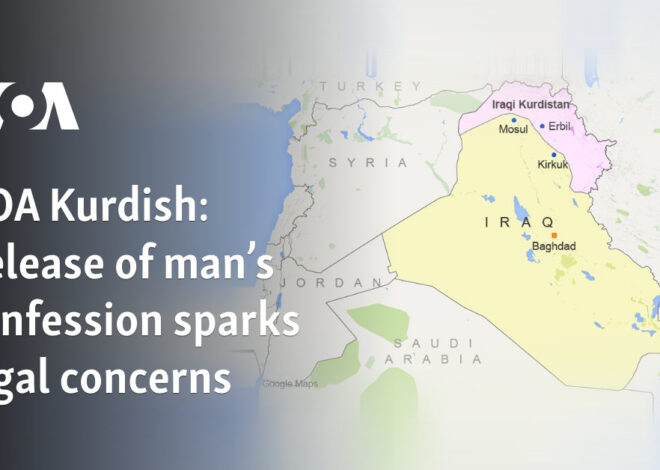
UN Expert Warns: Russia Resurrects Coercive Psychiatry Tactics to Suppress Dissent
Repressive Tactics in Russia
According to a United Nations expert, Russia is resurrecting Soviet-era methods like forced psychiatric treatment to quell dissenters and anti-war voices. This alarming trend is emerging in a climate of heightened repression.
Rights organizations assert that President Vladimir Putin’s administration has increasingly gravitated toward authoritarianism since the 2022 invasion of Ukraine. However, Moscow vehemently denies these claims, accusing the West of orchestrating a smear campaign.
A recent report by Mariana Katzarova, the UN’s special rapporteur on human rights in Russia, indicates that systematic state-sponsored repression is escalating through national security laws and other measures.
“Punitive psychiatry has returned as a tool against anti-war voices,” remarked Ms. Katzarova during a press conference in Geneva.
Moscow’s Denial of Repression Claims
In response, the Russian diplomatic mission in Geneva cited a statement from its foreign minister asserting that Moscow does not recognize her mandate and deems her work illegitimate. Historically, Moscow has dismissed criticisms of its human rights record as unfounded.
Since the launch of the Ukraine invasion, the Russian government has implemented stricter laws aimed at punishing dissenters and perceived traitors.
Increase in Coercive Psychiatry
Ms. Katzarova outlined that torture, criminal prosecutions, and coercive psychiatric evaluations are increasingly employed, with an average of 23 documented cases annually since 2022, a sharp rise from five cases per year between 2015 and 2021.
She emphasized that these tactics echo old Soviet practices, targeting dissidents including anti-war activists and journalists.
Arrests of Anti-War Activists
Reports indicate that thousands of Russians have been arrested for voicing anti-war sentiments. For instance, case studies of two female activists revealed the harrowing experiences of being involuntarily committed to psychiatric hospitals.
Examples of coercive psychiatry included invasive tests and indefinite hospitalization. One case involves journalist Maria Ponomarenko, who was compelled to enter psychiatric treatment due to her anti-war stance.
Ponomarenko was sentenced to significant prison time for allegedly disseminating “fake news” regarding the war in Ukraine, highlighting the severe penalties for dissent in Russia.
The Kremlin maintains that these measures are crucial for national stability, blaming Western intelligence agencies for attempting to undermine Russia’s integrity.
As of now, over 20,000 individuals have been arrested for expressing anti-war views since the onset of the conflict in Ukraine, according to the Russian rights group OVD-Info.
Conclusion
The revival of Soviet-era tactics in Russia marks a troubling chapter in the ongoing struggle for human rights and free expression. As repression intensifies, the international community continues to scrutinize the implications for both domestic stability and global peace.
Published: 2025-09-22 13:49:00 | Source: www.abc.net.au



